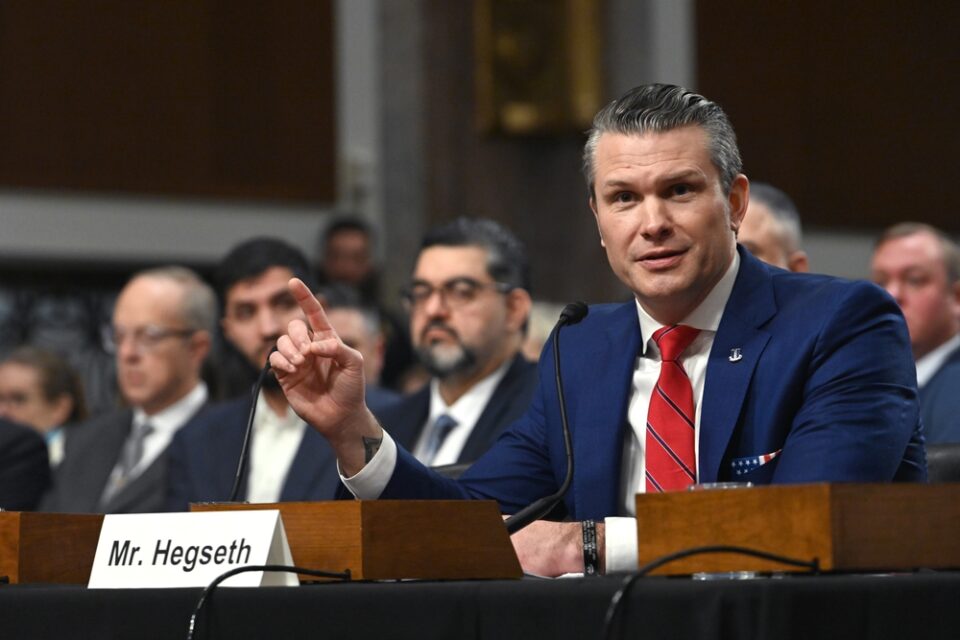Senator Mitch McConnell, the seasoned Republican from Kentucky, made headlines Friday by breaking ranks to vote against Pete Hegseth’s razor-thin confirmation as defense secretary in President Donald Trump’s administration. Alongside moderates Lisa Murkowski and Susan Collins, McConnell’s dissent forced Vice President JD Vance to cast the deciding vote in what turned out to be a dramatic moment for the new administration. For McConnell, however, this wasn’t about party politics. It was a calculated move to signal his doubts about Trump’s pick for one of the nation’s most critical roles.
McConnell, never one to mince words, laid out his rationale in stark terms. With global adversaries like China, Russia, Iran, and North Korea looming large, McConnell argued that the defense secretary must be a leader of unparalleled preparedness and vision. Unfortunately, in McConnell’s eyes, Hegseth fell short. He questioned the nominee’s ability to manage a military budget nearing $1 trillion and oversee alliances that are vital to U.S. security interests. For McConnell, this wasn’t about Hegseth’s personality but his perceived lack of readiness to handle the immense responsibility of the role.
Hegseth’s confirmation journey wasn’t without controversy. The former Fox News host brought plenty of baggage to the table, including past infidelities, allegations of sexual misconduct, and a reputation for excessive drinking. Hegseth acknowledged his past, referring to himself as a “serial cheater” before his conversion to Christianity and current marriage. He also clarified his earlier opposition to women in combat roles, stating his issue was with inconsistent standards, not their inclusion. While Hegseth denied the misconduct allegations and pledged to abstain from alcohol, McConnell remained unconvinced, citing a lack of depth in the nominee’s testimony before the Armed Services Committee.
But McConnell’s concerns extended beyond personal missteps. He criticized Hegseth’s inability to articulate a clear strategy for addressing pressing issues like China’s aggression in the Pacific or bolstering NATO contributions. McConnell also pointed to the nominee’s failure to present a plan for countering adversarial alliances or revitalizing America’s defense industrial base. For McConnell, these weren’t minor oversights—they were glaring gaps in the qualifications needed to navigate the complexities of modern defense policy.
As Hegseth assumes the mantle of defense secretary, McConnell’s pointed critique serves as both a challenge and a warning. The new Pentagon chief faces immediate tests, from Russian aggression in Europe to ongoing conflicts in the Middle East. McConnell emphasized that Hegseth must restore trust in the military’s meritocracy while avoiding the pitfalls of political posturing—a task he argues the Biden administration bungled spectacularly. Whether Hegseth can rise to meet these challenges remains an open question, but for McConnell and his fellow skeptics, the stakes couldn’t be higher, and the spotlight on Hegseth will be unrelenting.

